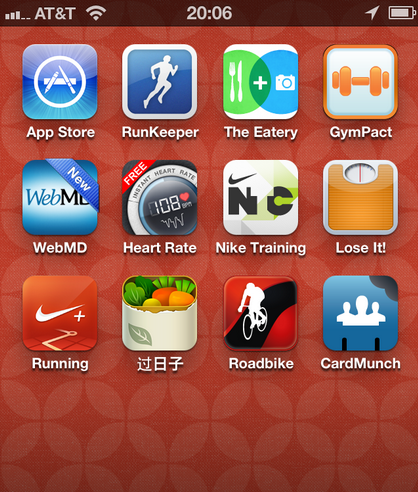 Much has been written about the internet’s disruption of longstanding models for education. The success of Khan Academy in K-12, the launch of Coursera, edX and others in higher education, the publicity garnered by the Thiel fellowships, and the aggressive funding of edu start-ups everywhere (EdSurge provides solid coverage) all illustrate the opportunity to take a well-established system and do things differently. Digital channels enable a shift to explore new ways to learn that are not confined to one era of your life (undergraduate years) or location-based (on campus). The goals are clear: reduce cost, provide equal or better outcomes, and spread educational access to the world.
Much has been written about the internet’s disruption of longstanding models for education. The success of Khan Academy in K-12, the launch of Coursera, edX and others in higher education, the publicity garnered by the Thiel fellowships, and the aggressive funding of edu start-ups everywhere (EdSurge provides solid coverage) all illustrate the opportunity to take a well-established system and do things differently. Digital channels enable a shift to explore new ways to learn that are not confined to one era of your life (undergraduate years) or location-based (on campus). The goals are clear: reduce cost, provide equal or better outcomes, and spread educational access to the world.
Is health care next? Today, the founder of RunKeeper focused on mobile health with a terrifically titled GigaOm piece, Your phone will soon be your new doctor. The piece focuses on mobile and the myriad apps that have sprung up to connect mobile device users to their day-to-day health awareness and performance. But, beyond mobile, the larger point about digital disruption is there. Health care today is episodic — you go to the doctor once a year and/or when you’re ill, it’s location-based (in the doctor’s office, out of your element), and it’s heavily reliant on your memory as a diagnostic device. Mobile health can be just the opposite: always on, always with you, and reliant on hard data (number of steps taken, heart rate, meal consumption) in a way the traditional health care model cannot be. The future is here: welcome to your personal health KPIs.
Venture capitalists and nonprofits alike are moving fast ahead into both education and health care, exploring ways digital channels can create new markets amidst disruption. New Pew research released about the news industry this week feels like a cautionary tale: it’s time to focus on new delivery models before the older ones are on life support. In education and in health care, the hunt for digitally-driven reimagination is on.